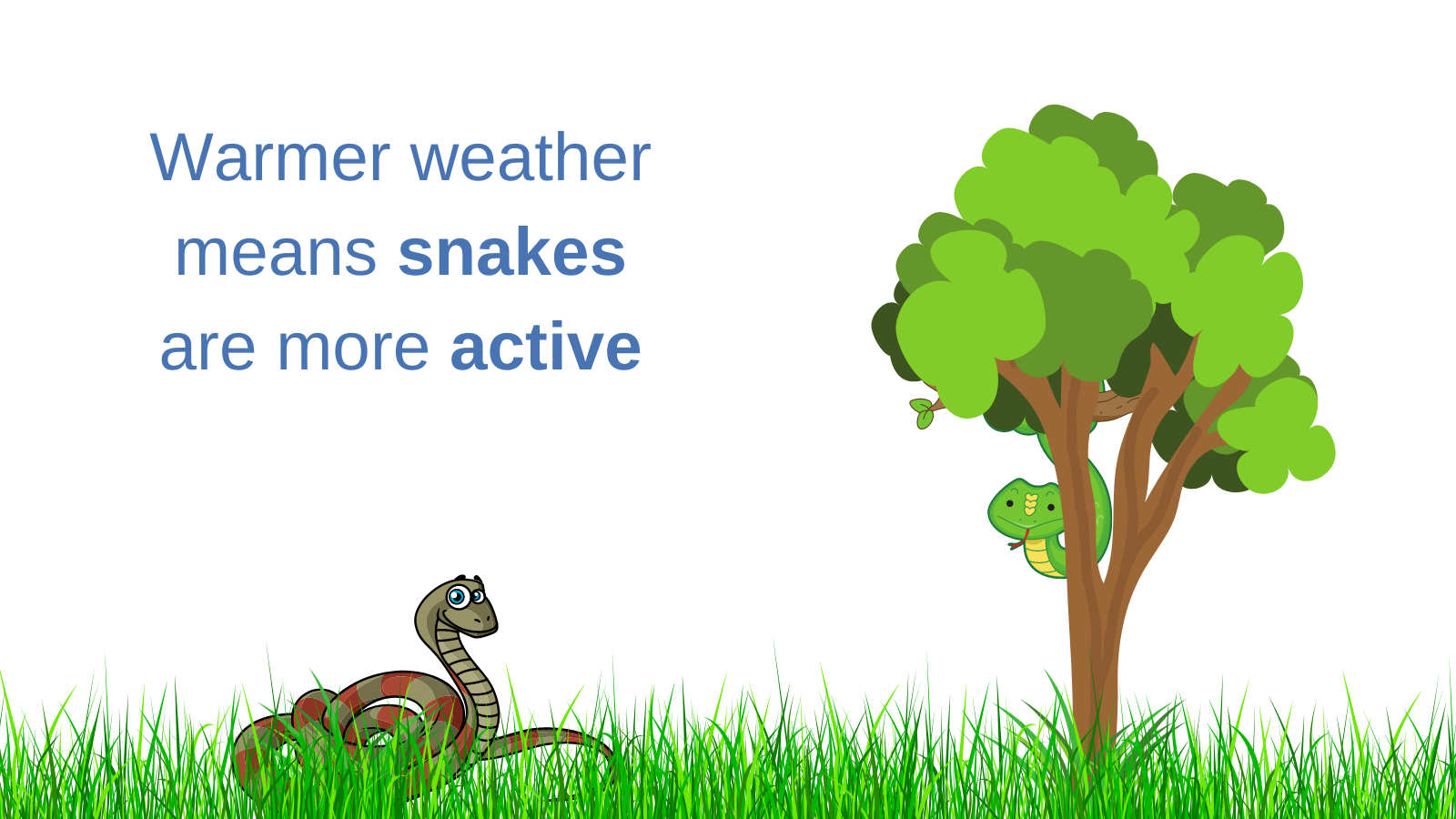What do I do if I’m bitten by a snake?

Warmer weather means that snakes are more active, and this year there is also a lot of long grass in our area so snakes can be hard to spot when you’re outdoors.
If you’re out and about, it’s time to start looking out for our reptile friends and it’s never too early to learn what to do if you or someone you’re with is bitten by a snake.
Preventing a snake bite:
- Be aware of your environment
- Wear long pants and covered shoes if you are walking in bushland or long grass
- Do not try to handle or kill a snake if you are not a professional
- If you come across a snake, stay still, stay calm, and try to move away slowly
Dry bite or venomous bite?
Evidence shows that venom is not successfully released in more than 90% of snake bite incidents. When venom is not released, it’s known as a dry bite. Even though no venom has been injected, dry bites are still painful and can become red and swollen.
Always assume that venom has been released, and treat the snake bite seriously.
In case of a snake bite:
- Call 000 for medical assistance
- Stay calm
- Record the time the bite occurred
- Remain still
The emergency services operator will be able to provide further information on next steps that you can take, but you can also:
- Apply a pressure immobilisation bandage
- Use a wide elasticised roller bandage, and wrap firmly from just above fingers (if the bite is on the arm) or toes (if the bite is on the leg) and work your way up past the bite, as far up the limb as possible.
- The bandage should be firm, but not tight – it should not hinder blood circulation.
- Splint the bandaged limb
You don’t need to know the breed of snake in order for a snakebite to be treated with anti-venom, so there’s no need to try and find or get close to the snake. Other things you should not do include:
- Do not wash the bite area
- Do not try and suck the venom out of the wound
- Do not try and touch or catch the snake

